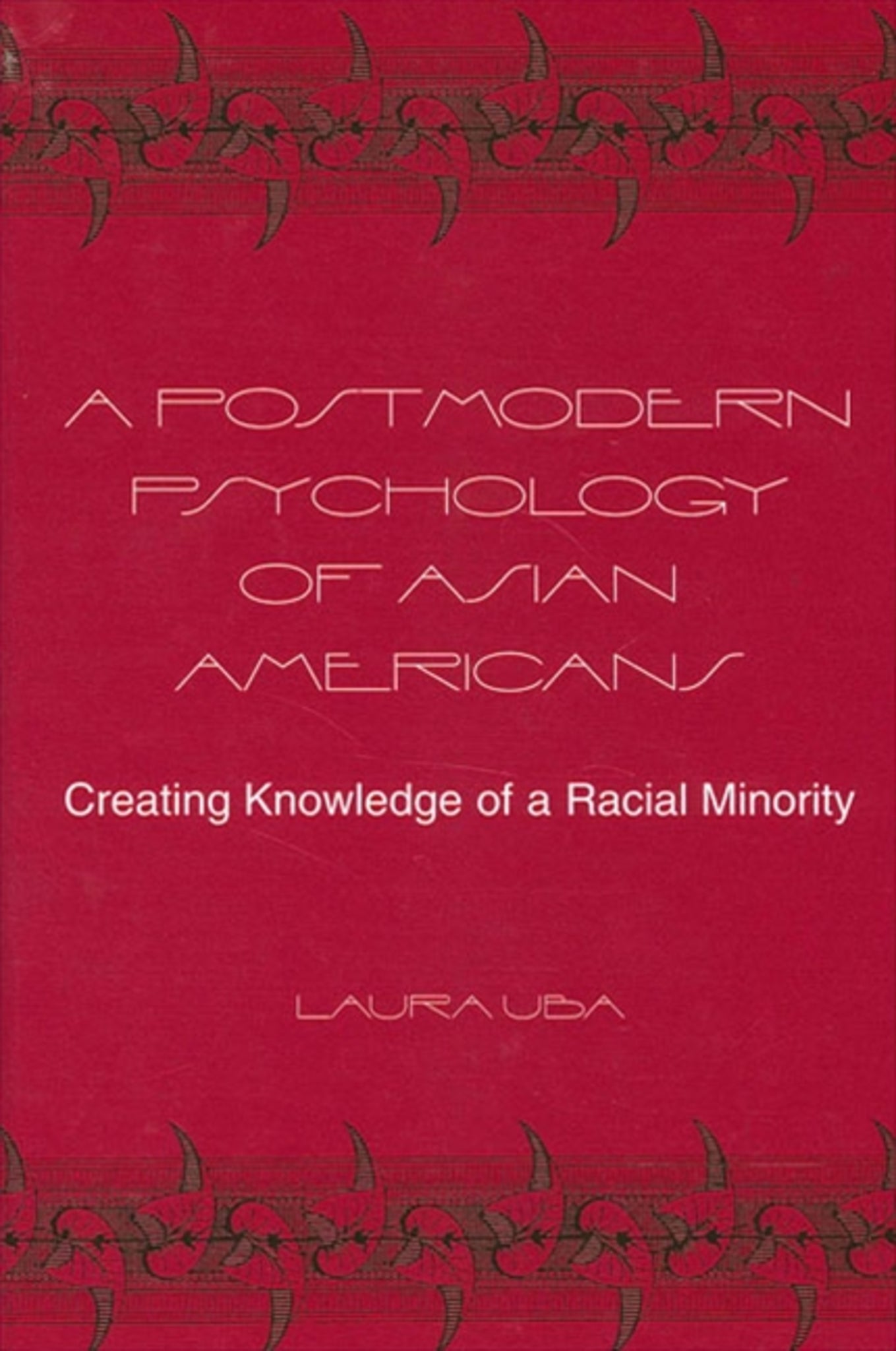We're sorry. An error has occurred
Please cancel or retry.
A Postmodern Psychology of Asian Americans

Some error occured while loading the Quick View. Please close the Quick View and try reloading the page.
Couldn't load pickup availability
- Format:
-
21 February 2002

Challenges existing paradigms of knowledge as they relate to Asian Americans.
Focusing on race, culture, acculturation, ethnicity, and ethnic identity-concepts commonly used to account for the behaviors of Asian Americans and other minorities-A Postmodern Psychology of Asian Americans examines the effects of modern psychology's epistemological and ontological premises on its investigative methods and concepts. Author Laura Uba looks at the social creation of psychological facts, including portrayals of ethnic and racial groups, and demonstrates, especially in ways pertinent to the study of minorities, that modern psychology needs to reconsider its ways of thinking about study samples, investigative methods, facts, and concepts used to describe and explain behaviors.


"…probes researchers' power to create and limit reality and provides moving narratives illustrating the knowledge obtained by hearing the voices, and perspectives, of study participants themselves. Uba's arguments are compelling." — CHOICE
"Laura Uba writes with a grace and passion that engages the reader in a way that challenges our existing paradigms of understanding knowledge as it pertains to Asian Americans. She convincingly describes how the Enlightenment view of science was born in a context of viewing Euro-Americans as 'normal' and ethnic minority groups as 'other,' and how this attitudinal perspective has shaped scientific method and theory of 'other.' Uba offers numerous examples that help explain complex constructs." — Christine J. Yeh, Teachers College, Columbia University
"This book is very significant and may lead to the evelopment of new methods and areas of study for Asian Americans." — Gayle Y. Iwamasa, University of Indianapolis
Illustrations
Preface
1. Modernist Epistemology
2. Postmodernism
3. Privileged Methodological Texts and Narratives
4. Construction of Race and Culture
5. Acculturation and Assimilation
6. Ethnicity and Identity
7. Conclusion
Appendix A: Traditional Types of Psychological Studies
Appendix B: Deconstructing in the Classroom
Notes
References
Name Index
Subject Index



